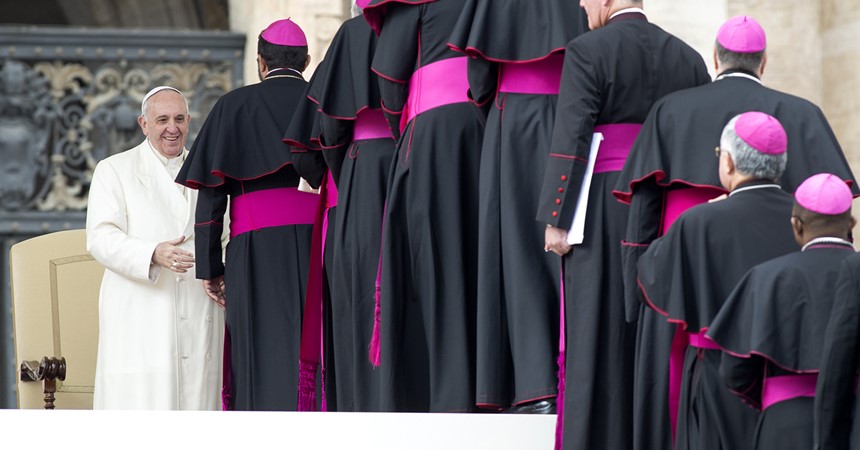The Lord’s Prayer, also called the Our Father or Pater Noster, is a highly-revered prayer in Christianity. In the New Testament, it is the way that Jesus teaches us to pray. The prayer appears twice in the New Testament, once in its long form in the Gospel of Matthew, in the Sermon on the Mount, and in its shorter form in the Gospel of Luke.
Recently, Pope Francis raised concern surrounding the English translation of this venerated Christian prayer.
In expressing his concern with the English translation, Pope Francis draws our attention to the phrase “lead us not into temptation.”
The implications of this phrase are that God leads us into temptation which is not true. In James 1:13-14, the Bible tells us God does not tempt humans. “Let no man say when he is tempted, I am tempted by God: for God cannot be tempted with evil, neither tempteth He any man.”
Pope Francis suggests that the phrase be changed to “do not let us fall into temptation.” This is the turn of phrase currently used in a number of translations of the Lord’s Prayer around the world. It suggests that God allows us to be tempted by Satan much in the same way that Jesus was tempted in Matthew 4:1-11. This version of the Lord’s Prayer suggests we ask God for the ability to resist temptation.
Throughout His life, Jesus spoke Aramaic. His words were later translated into Greek - and then into other languages including English. In suggesting the alteration to the English version of the Lord’s Prayer, Pope Francis isn’t asking that there be a change to the words of Jesus, he is simply pointing out a mistranslation.
In suggesting the change to the Lord’s Prayer, Pope Francis made it clear that it was an optional change which churches may or may not adopt. The Catholic Church of France, however, has already adopted the change.
